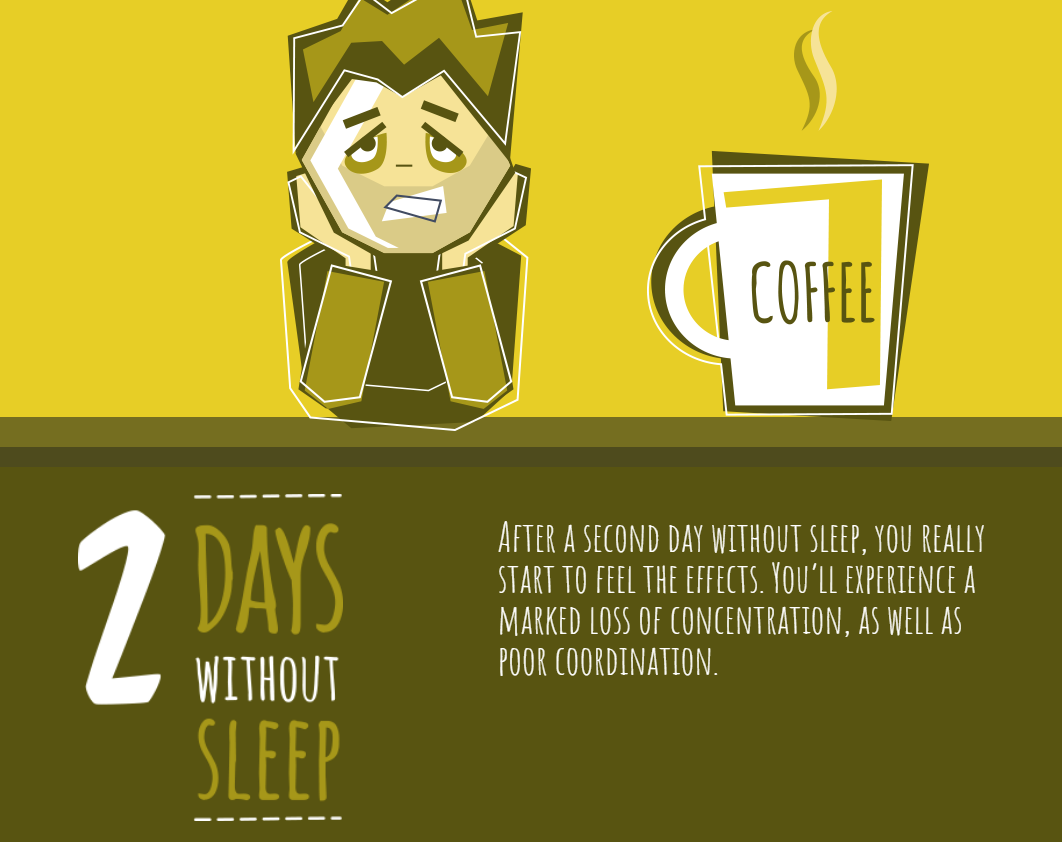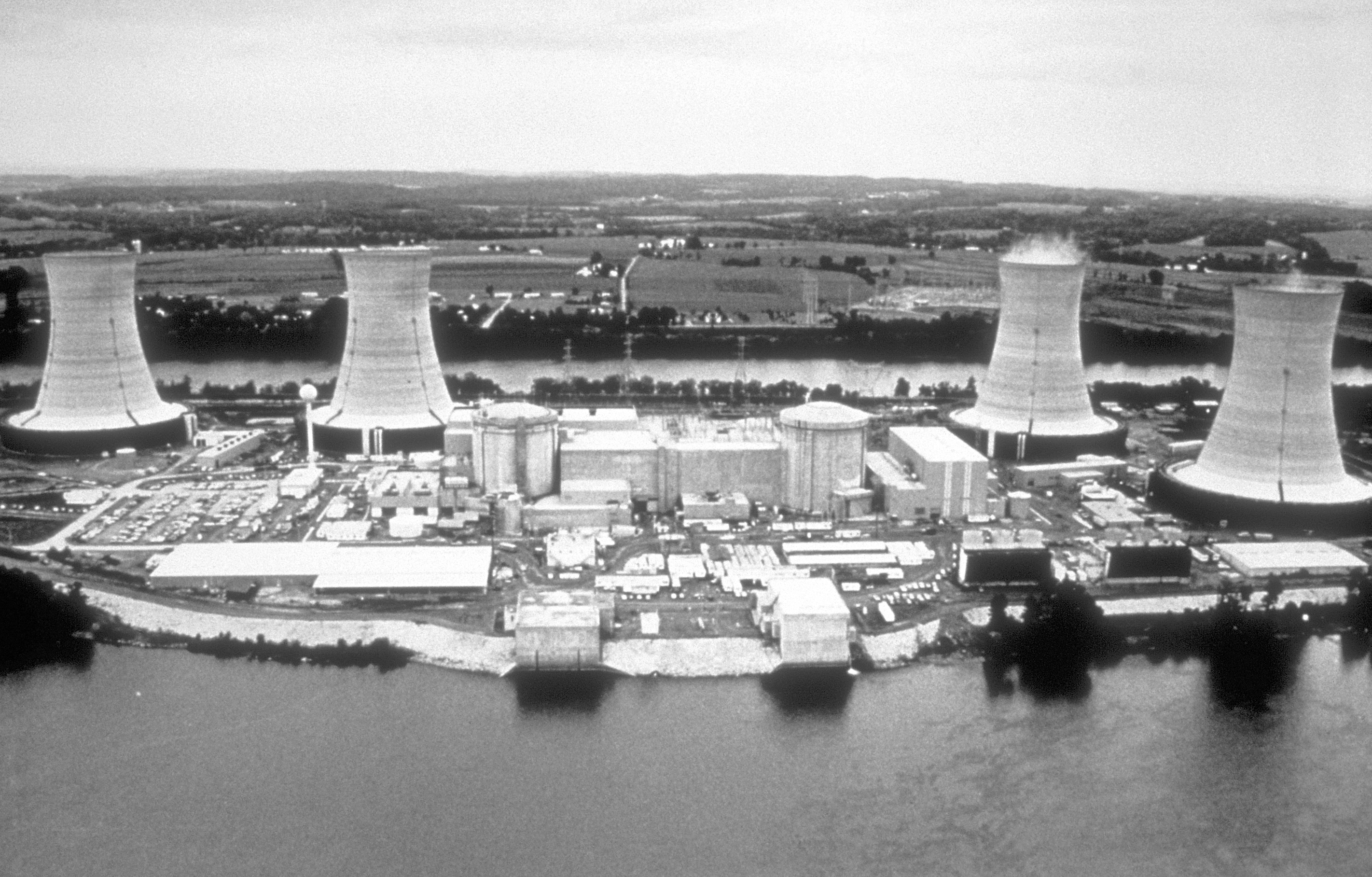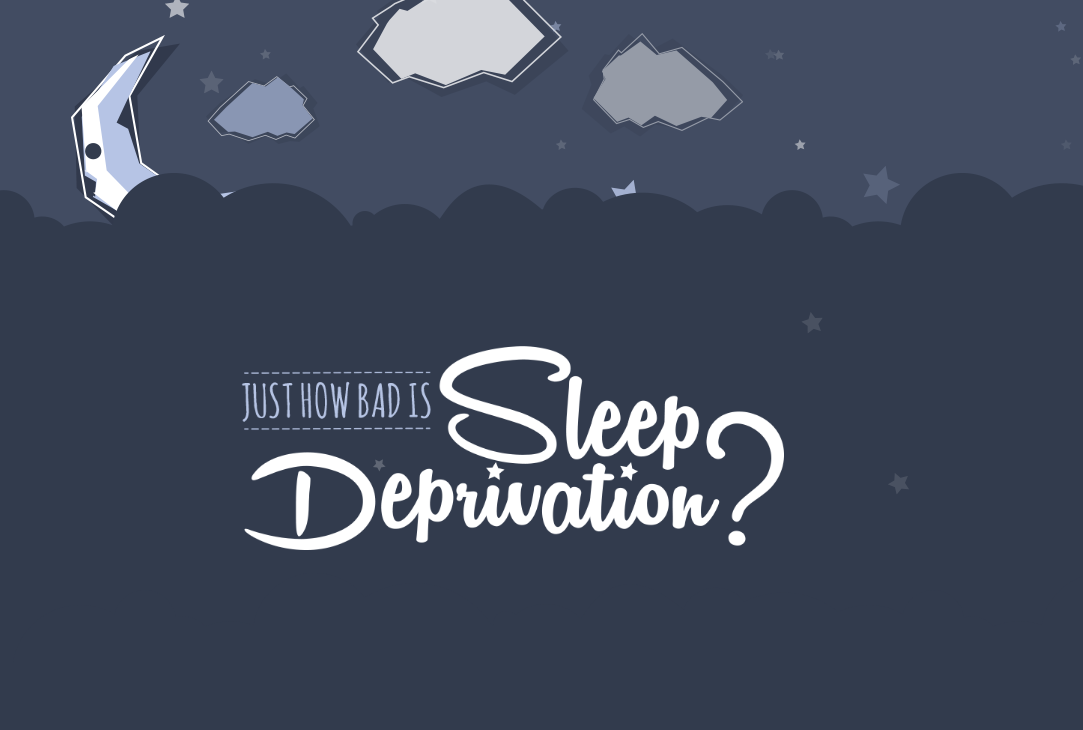But then you make sure you have an early night and “catch up” on the missed sleep, and – voila! – you’re as good as new again (By the way, you can’t actually ‘catch up’ on missed sleep – our bodies don’t work that way – but usually a long sleep after an all-nighter helps to restore us back to a healthy state).
But what if we just stayed awake? How long is it possible to last without sleep?
View our interactive timeline detailing the effects of sleep deprivation and the official longest record of sleeplessness.
The Importance of Sleep & Why We're Not Getting Enough
We spend roughly a third of our lives asleep, and it is known that quality sleep is essential for a long and healthy life. Professor Russell Foster, chair of Circadian Neuroscience and head of the Sleep and Circadian Neuroscience Institute at the University of Oxford (phew!), said:
“Sleep is the single most important health behaviour we have. It affects everything from our day-to-day functioning to our long-term physical and mental health.”
However, more of us than ever seem to be struggling to remain in a consistent and good sleeping pattern. At any time, 1 in 3 of us in the UK suffers from sleep problems – more of us than ever before.
Why is this? There are a number of theories, including the rise of electronic gadgets, increases of stress in our lives etc.
The truth is, our lifestyles have changed dramatically from those of our ancestors, and it appears that our sleep is suffering as a result.
Notable Disasters Caused By Sleep Deprivation
Just 24 hours of sleeplessness results in a mental impairment equivalent to being too drunk to drive a car. This puts the effects of sleep deprivation into better perspective and enhances just how important sleep is to all of us.
There has been a variety of tragic disasters in history linked with the effects of sleep deprivation. The three most notable are probably the incidents occurring at Chernobyl, Three Mile Island, and the Challenger Space Shuttle:
Chernobyl









